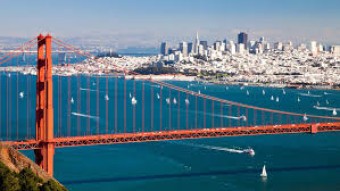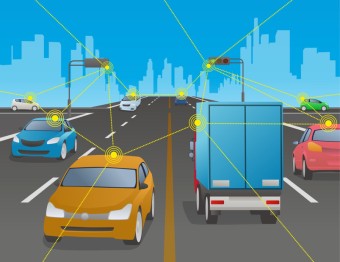San Francisco aims at federal ‘smart city’ funding
Campus experts have joined with the mayor of San Francisco to attempt to convince the U.S. Department of Transportation that the city is the best place to invest for a 21st-century smart transit city program. Should the department choose the city as the winner of its Smart City Challenge, San Francisco — one of the seven finalist cities selected by the U.S. secretary of transportation — will receive $40 million in government funding to develop its proposal of “smart” infrastructure improvements. These plans include free wifi for neighborhoods in the city, an increase in biking provisions and an integrated travel mobility app.
According to Timothy Papandreou, the director of the Office of Innovation at the San Francisco Municipal Transportation Agency, the project proposal mainly comprises improvements to San Francisco’s current transportation system. Papandreou added that the proposal is expected to reduce the city’s traffic collisions and fatalities by 10 percent by 2020.
“The current transportation system is inequitable, it’s unsafe (and) it’s alienated a lot of people who can’t afford to drive,” Papandreou said. Read more…
- San Francisco going for federal ‘smart city’ funding.
http://www.dailycal.org/2016/06/13/uc-berkeley-experts-san-francisco-petition-smart-city-funding-department-transportation/





